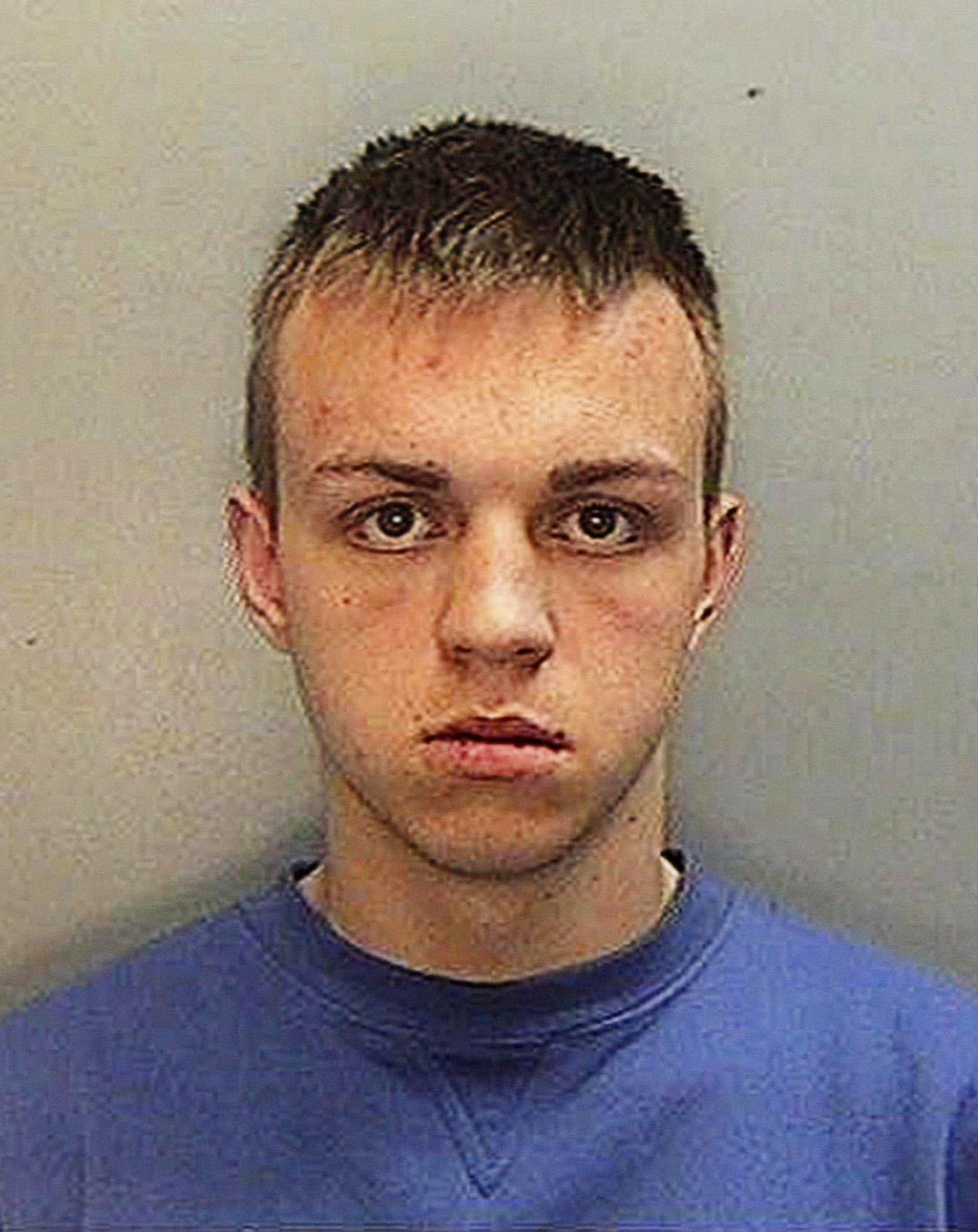Ringleader of Garry Newlove killers could be moved to open prison
Justice Secretary Dominic Raab must decide whether to approve the Parole Board’s recommendation to move Adam Swellings.

Your support helps us to tell the story
From reproductive rights to climate change to Big Tech, The Independent is on the ground when the story is developing. Whether it's investigating the financials of Elon Musk's pro-Trump PAC or producing our latest documentary, 'The A Word', which shines a light on the American women fighting for reproductive rights, we know how important it is to parse out the facts from the messaging.
At such a critical moment in US history, we need reporters on the ground. Your donation allows us to keep sending journalists to speak to both sides of the story.
The Independent is trusted by Americans across the entire political spectrum. And unlike many other quality news outlets, we choose not to lock Americans out of our reporting and analysis with paywalls. We believe quality journalism should be available to everyone, paid for by those who can afford it.
Your support makes all the difference.The ringleader of an alcohol-fuelled teenage gang that kicked father-of-three Garry Newlove to death should be moved to an open prison, according to the Parole Board.
Justice Secretary Dominic Raab must now decide whether to approve or block the decision to move Adam Swellings to a lower security jail, ahead of becoming eligible for parole in two years’ time.
In 2008, the 19-year-old from Crewe was handed a life sentence with a minimum term of 17 years after a court heard Mr Newlove was kicked “like a football” in August 2007 after he confronted Swellings and two others about vandalism outside his Warrington home.
Stephen Sorton, then 17, was jailed for at least 15 years and Jordan Cunliffe, then 16, was put behind bars for a minimum of 12 years. Both have since been released.
Mr Newlove’s widow Helen was made a peer in the wake of her work on youth crime and served as the Victims’ Commissioner for England and Wales from 2012 to 2019.
The Parole Board said: “After considering the circumstances of his offending, the progress made while in custody and the other evidence presented at the hearing and in the dossier, the panel recommended that Mr Swellings should be transferred to open prison.
“This followed a careful assessment of the benefits and risks of progressing him in this way.
“It is now for the Secretary of State to decide whether he accepts the Parole Board’s recommendation.”
According to a document detailing the Parole Board decision, at the time of his crimes Swellings covered his “low self-esteem” with “arrogance in order to maintain status with anti-social friends”.
He drank and used cannabis and “had difficulties dealing with extremes of emotion, including feelings of anger which were expressed in the form of extreme aggression”.
There have been “no concerns about his behaviour throughout his time in custody”, the decision document said, he has “maintained a trusted position of work over many years” and his conduct has been “regarded as exemplary”.
He has taken part in rehabilitation programmes to address his behaviour and carried out training on “victim awareness”.
His probation officer “noted Mr Swellings’ positive outlook, maintained over a long period” and a psychologist said open conditions were a “more realistic setting in which to test Mr Swellings’ progress”.
Now 33, this was Swellings’ first time in front of the Parole Board. He will not be eligible for release until August 2024 after the minimum term of his sentence elapses.
A spokeswoman for Mr Raab said he will consider the advice carefully when it is given to him.